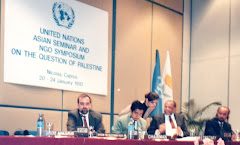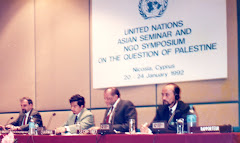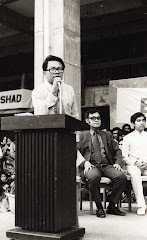Sekadar berkongsi pemikiran saya
20/2020Privatisation vs Peoplelisation.
Privatisation is the transfer of a business, industry, or service from public to private ownership and control. Privatization occurs when a government-owned business, operation, or property becomes owned by a private, non-government party.
Privatisation involves selling state-owned assets to the private sector. It is argued that the private sector tends to run a business more efficiently because of the profit motive. However, private firms can exploit their monopoly power and ignore wider social costs. The right Public Sector personnels can run the business effectively and efficiently with proper incentives.
It is argued that Privatization is important to economy because it brings lots of jobs and scale up a healthy competition in the market and reduces the price without which public sector would enjoy the monopoly . This is very questionable, the same can happen without privatizing.
They strongly advocate that Privatisation always helps in keeping the consumer needs uppermost, it helps the governments pay their debts, it helps in increasing long-term jobs and promotes competitive efficiency and open market economy. With good governance, calibre board members and dynamic trustworthy professional management, the same objectives can be achieved. As for reducing government debts, other financial measures can be implemented.
There are advantages for privatisation. For example there will be healthy competition. Products and services offered will be more appealing to consumers. The service which is privatized can become immune to political influence. The public services can be more efficient and at a lower cost. So with Greater efficiency, Lower taxes for residents, Reduced opportunities for political influence to drive services and better services through competition makes privatization attractive.
The disadvantages are also numerous. There will be lack of transparency. Private companies are less transparent than government outfits, and this reduced transparency paired with a drive for profit can be a breeding ground for corruption. There is also the issue of inflexibility, private companies might make itself attractive to win a contract, its service can take a quality nosedive once it's in place and its consumers complacent.
Although privatization is usually promoted on the basis that it will reduce consumers' costs, it can also drive costs up.
The people will need to closely evaluate the disadvantages of a greater opportunity for fraud and corruption to occur, higher costs for consumers, inflexibility due to long-term contracts and profit, rather than peoples's needs, as a primary motivator.
Is the present predicament due to the 22 years of privatization policy and when action is taken for peoplelisation, the privateers fought back and plundered for another 22 months?
What the future holds for the people? Whatever name you use whether its "Kemakmuran Bersama" or whatever, lets think of the people first. Lets promote and fight for peoplelisation. Their food and beverage, clothing, accomodation, medical, education, transport, recreation, harmony, environment and so on so forth needs to have close monitoring and dynamic policies.
Can privatize a few which will benefit the people, but not all essential utilities. If at all privatization occurs, there must inbuild a high cost of cross subsidy for the people. If not, the rich becomes richer, the poor becomes poorer.
Allahu a'lam bis shawab.
Salam hurmat: NbM.















































No comments:
Post a Comment